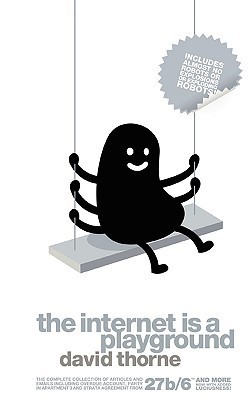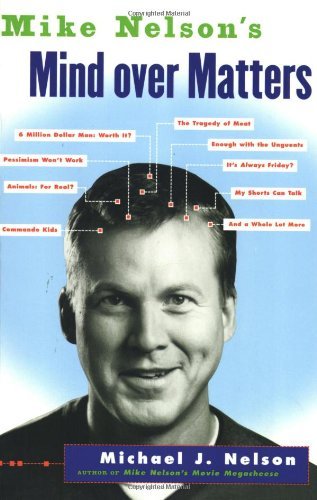
More Information Than You Require
Book Description
Dive into a whirlwind of absurdity and insight where the mundane meets the extraordinary in John Hodgman's 'More Information Than You Require.' This captivating exploration unravels the fabric of everyday life, layered with quirky anecdotes and striking observations that challenge conventional wisdom. As Hodgman navigates the nonsensical and profound, readers are drawn into a comedic yet incisive reflection on identity, culture, and the human experience. With each turn of phrase, he invites laughter and contemplation, leaving you to wonder: how much do we really need to know to make sense of this bewildering world?
Quick Book Summary
John Hodgman's "More Information Than You Require" is a riotously funny and clever compendium of fabricated facts, eccentric histories, and satirical observations. Building on the premise that life’s minutiae can be as entertaining as monumental events, Hodgman artfully blends the absurd with the everyday, mocking the seriousness with which we approach information. The book parodies almanacs and reference works, filling its pages with hilarious pseudo-histories, inaccurate trivia, and dry wit. Yet, behind the humor, Hodgman slyly explores how facts, cultural myths, and personal narratives shape our identity and worldview. Each essay and tidbit invites both laughter and introspection, making readers question how much information is truly relevant—or even reliable—in understanding themselves and the world. It's a dazzling satire for our information-obsessed age.
Summary of Key Ideas
Table of Contents
The Absurdity of Useless Information
Hodgman's collection thrives on the comedy found in the overwhelming and often trivial information that saturates daily life. He revels in the superfluous, offering readers a parade of fake facts, invented histories, and bizarre lists that poke fun at our tendency to collect minutiae. Through loving mockery, he examines society's obsession with categorizing knowledge, highlighting how the avalanche of data—relevant or not—can feel both exhilarating and bewildering. The book's form itself parodies traditional almanacs, blurring the lines between useful knowledge and total nonsense.
Satirical Approaches to Reference and Trivia
Central to Hodgman’s satire is a lampooning of the reference genre itself. Eschewing accuracy for comedic effect, he subverts expectations by presenting unreliable entries as gospel truth. Essays and interludes riff on everything from minor presidents to outlandish holidays, underscoring how easy it is for authoritative tones to lend credence to the questionable. The parody is both broad and deeply detailed, drawing readers into the delightfully unreliable world he constructs and shedding light on the absurdities of trusting every so-called fact.
Skewering Everyday Life and Culture
Embedded within the humor is a reflection on how cultural myths and stories, no matter how dubious, shape collective understanding. Hodgman explores the ways in which traditions, superstitions, and hearsay build up our cultural narrative. His essays become meditations on the nature of knowing, prompting readers to recognize that much of what we hold to be true is arbitrary, constructed, or simply taken on faith. This playful engagement invites readers to reflect on the origins of their own beliefs and the nature of truth in modern life.
Challenging the Trustworthiness of Knowledge
Personal identity and the ways individuals curate their own stories are gently lampooned throughout. Through self-deprecating anecdotes and outlandishly false autobiography, Hodgman examines how personal history is remembered, embellished, or even invented. The reader is encouraged to consider not only the information absorbed from the world, but also the stories they tell about themselves. This meta-commentary offers insight into the intersection between genuine self-knowledge and performative storytelling.
Playful Reflections on Identity and Self
Ultimately, "More Information Than You Require" is as much an invitation to skepticism as it is a source of entertainment. Hodgman uses his relentless cataloguing of the trivial to highlight the challenges of living in an age awash with facts, opinions, and distractions. With sharp wit and a keen eye for the ridiculous, he makes the case that sometimes, less information—or at least a healthy dose of doubt—leads to a clearer, more joyful perspective on the bewildering human experience.
Download This Summary
Get a free PDF of this summary instantly — no email required.





